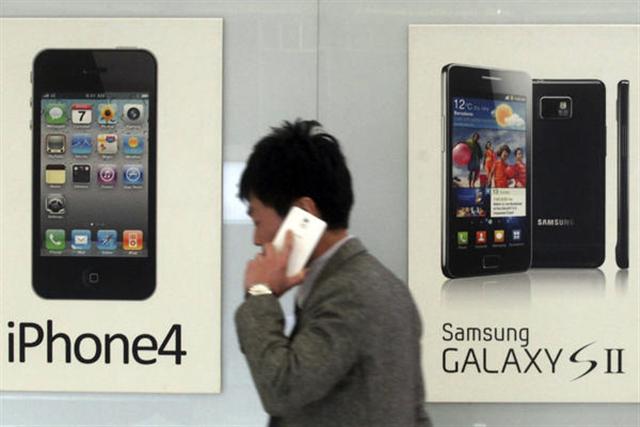The Korean tech giant seems quite fond of its own mobile OS, and would very much like to also implement it in smartphones, not just in smart watches and fitness trackers. By the looks of it, however, Tizen OS is not ready to face the world in a large form factor.
Today, the company released a statement in which it explained why the Samsung Z smartphone will be delayed in Russia. The world might not be dying to see a new mobile OS, and considering the grip Google and Apple have on the mobile world, Tizen will definitely face some challenges upon its launch. Still, Samsung is confident that its mobile OS will deliver. A bit of a variety wouldn’t hurt, and assuming that the app ecosystem is better than the one of Windows Phone, Tizen OS should fair nicely.

According to the statement, the reason of the delay is as follows: “To further enhance [the] Tizen ecosystem, Samsung plans to postpone the launch of Samsung Z in Russia. Samsung will continue to actively work with Tizen Association members pursuing to further develop both Tizen OS and the Tizen ecosystem.”
And there lies the problem, not that much with the mobile operating system itself, but with apps it’s supposed to run. Samsung is having problems attracting developers to its own platform, and the reasons are not that hard to understand. Carriers are running from this new OS, as proved by the Japanese and Russian carriers that canceled the launch of Tizen smartphones in January and July, respectively.
Samsung promised earlier this month that “The smartphone will appear on the Russian market later, when we can offer our users a fullest portfolio of applications.” Yet, that full portfolio of apps didn’t materialize, and the company was forced to push the launch date.
The Korean consumer electronics manufacturer falsely assumes that its success with smartphones running Google’s Android OS will repeat itself in the case of Tizen. Somehow, Samsung misses the fact that Google’s mobile operating system is where it is today mainly because it has been developed over a few years. On top of that, developers are enthusiastic about creating Android apps, this being one of the top options, which does not and will not be the case with Tizen OS.
Be social! Follow Walyou on Facebook and Twitter, and read more related stories about how Samsung will take on Google Glass with Tizen OS smart glasses in Q3, and the Samsung GearFit fitness tracker.










